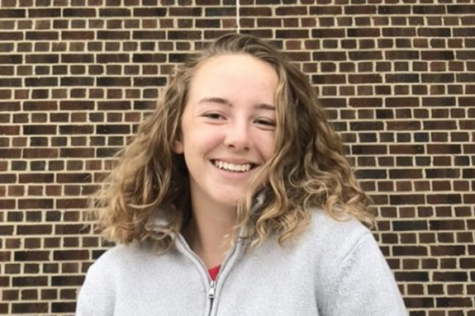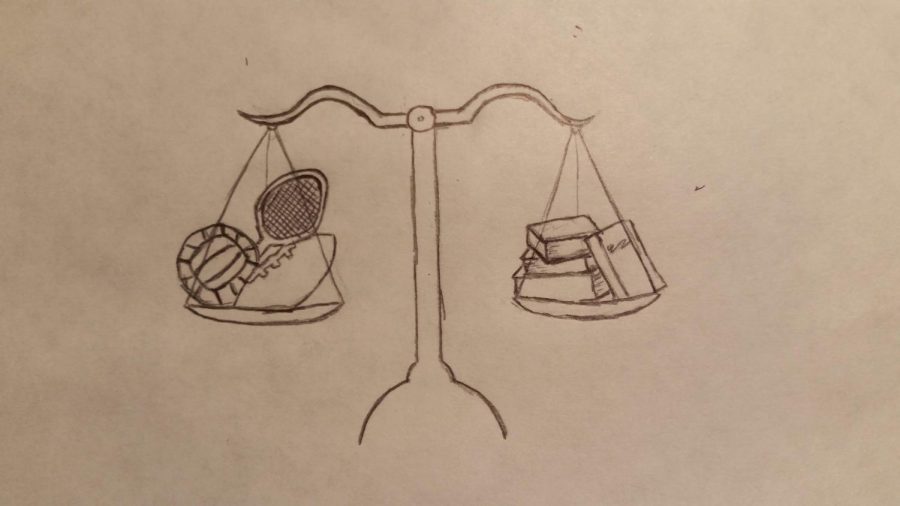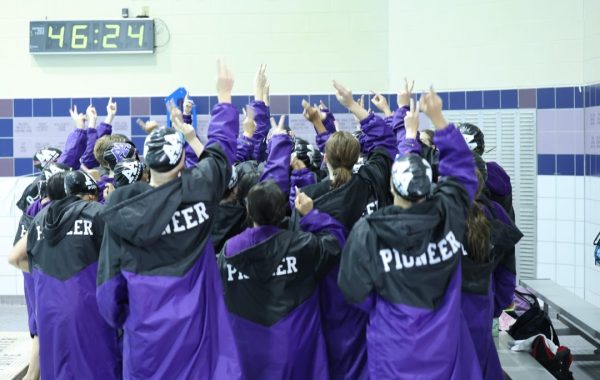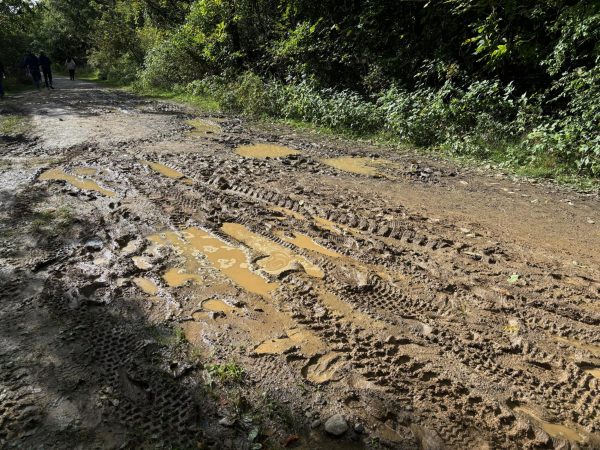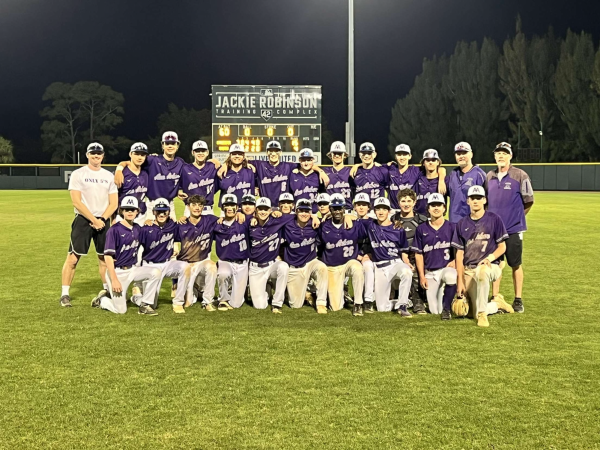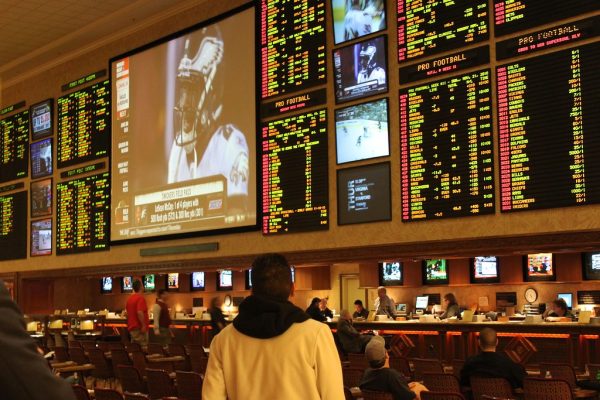Alternative students of the alternative school
Community High School is a school known for brilliant art programs. From photography to theater, students are in good hands and will receive a worthwhile experience from our skilled teachers and instructors. With all the great artistic projects a student can undertake, it’s easy to overlook the lack of athletic programs, even though Community has the highest concentration of athletes to student body in the Ann Arbor Public Schools.
Thankfully, Community allows its students to participate in after-school athletics at any of the public schools in Ann Arbor. Despite this opportunity, students are left with many obstacles to overcome.
Jayla Johnson, a junior and full-time Community student, faces plenty of hurdles on and off the track.
“I’ve ran track for Pioneer every year I’ve been in high school, both indoor [winter] and outdoor [spring] seasons. I’m not a captain yet but I’m hoping for the opportunity next year.”
Johnson remarked some of the personal struggles that stem from her after-school sport. “I used to have a lot of trouble with the bus. The schedule made it hard to work around classes and schedules without missing a portion of my 7th block or being late to practice. It restricts my schedule so I have to plan around my extracurricular. It was especially hard this year when one of the bus stops was removed for construction so I had to take buses farther away from school and rework my schedule completely.”
While Johnson can come up with plenty of difficulties, she can come up with just as many insightful tips to help her fellow athletes
“I’ve also had to miss a lot of school for meets, which can take up large parts of the school day, especially if they’re at a different school. It makes it hard to take priority on school work even though it’s supposed to come before sports.”
A tip to help with these types of events is time management. If you get some easy homework done you don’t have to worry later. It definitely makes it easier to not fall behind. Also remember that you’re not a machine working for a master, skip practice if you need to and take a break!
Senior Grant Griswold, a former football player and current wrestler for Huron High School, has been on varsity wrestling for four years and has held title of captain for three years. Griswold, another full time Community student, has similar issues with scheduling for his after-school sports.
“Some advice I would give to underclassmen athletes is to talk to your coaches about scheduling, especially if you have a seventh block.”
It’s hard to tell coaches if you will be late or miss practice or games since you don’t want them to play you less or think of you as not committed to the team, but it’s way better than telling them short-notice. Griswold also discussed his personal experience in playing a sport, wrestling, not commonly spotlighted on the highschool level.
“I think most people don’t really have a respect for it unless they’ve done it. It’s a pretty rough sport that definitely has a underground feel to it, it’s like a small circle of people that understand the grind.”
While it takes many high school students to their upperclassmen years to understand the rules and culture of their sport, younger athletes have their share of opinions on athletics. Ella Roberts is a sophomore that dual enrolls at Community and Pioneer High School. She plays field hockey, basketball and softball, making her a three season athlete. This is a year long responsibility to take on as opposed to just one or two seasons. Issues of less experienced high school student athletes shouldn’t be overlooked by the student body since most athletes join teams their underclassmen years and should receive proper encouragement to continue competing.
“Something that bothers me is that at Pioneer, it is a constant reminder that I don’t go to the same school, with teachers and scheduling. Some other struggles are people that don’t go to Pioneer assuming that Community is a fake school, and that we never attend class. With more athletes coming to Community, being an athlete at Community should be treated the same as an athlete that goes to any of the big three high schools. I think the coaches aren’t necessarily biased, but the players treat Community players differently, whether they realize it or not.”
Roberts’ best piece of advice is not about how to schedule or talk to coaches, but working on a set of values to guide players through these tough, but rewarding years.
“I would say to keep doing sports at whatever school you play for, no matter the crap that people give you. Especially if you really love your sport and want to continue playing in college. This goes for more than sports, if you enjoy something, don’t let outside opinions stop you from doing something that adds value to your life.”
